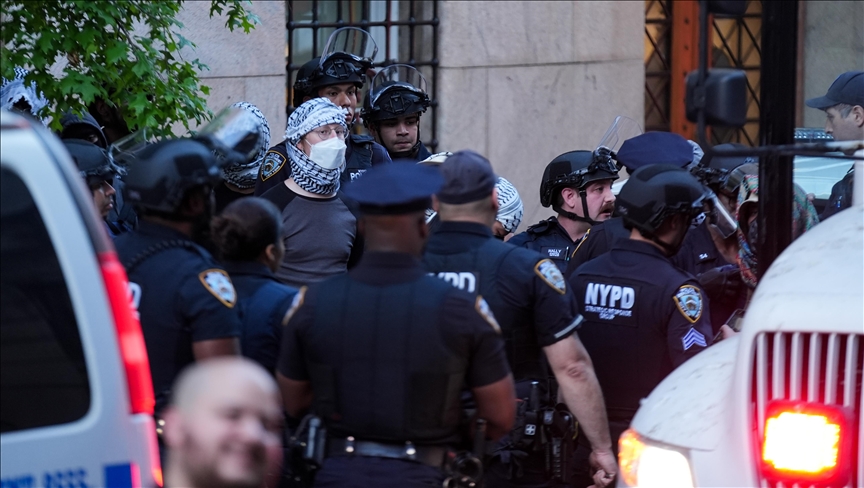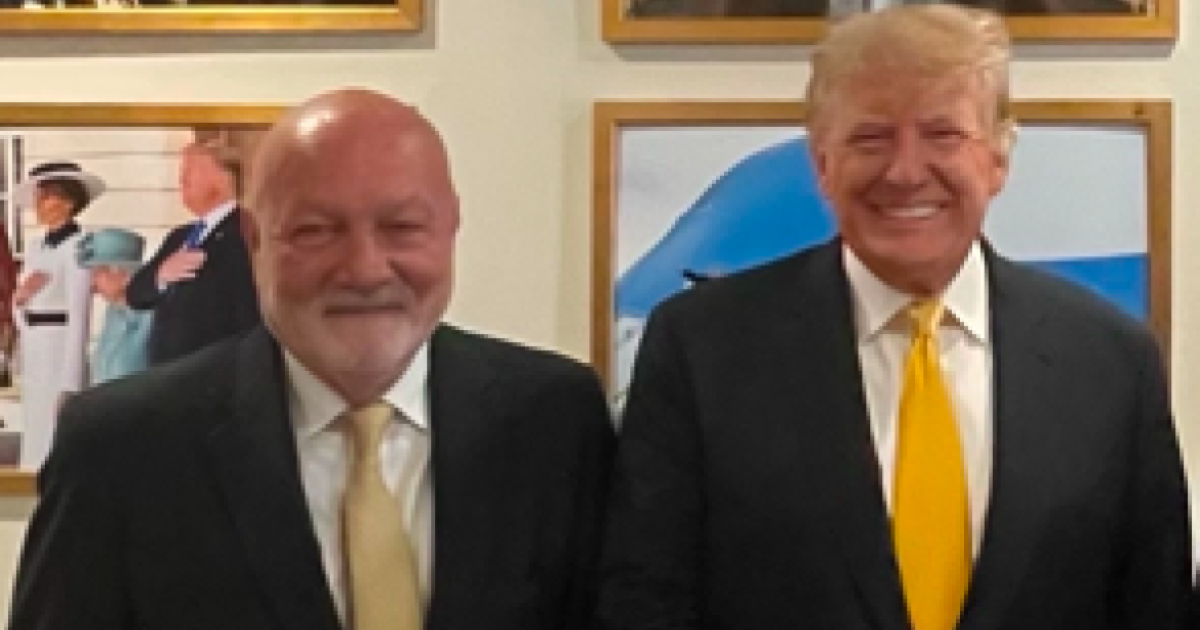On Wednesday, Columbia University saw significant protests as dozens of pro-Palestinian activists attempted to occupy Butler Library. This led the university president to call in the New York City Police Department (NYPD). While the total number of arrests is still unclear, the Columbia Spectator reported that over 70 individuals were detained during the demonstration in the Lawrence A. Wien Reading Room.
Witnesses noted that two people required medical attention, with one individual, wrapped in a keffiyeh—a scarf linked to the Palestinian liberation movement—being taken away on a stretcher.
The Columbia University Apartheid Divest group made a bold statement on social media, highlighting their commitment: “Despite over three hours of kettling and assault by Columbia Public Safety, we continue to hold the line. We are facing one of the largest militarized police forces in the world.” They emphasized their determination not to back down, asserting their stance on Palestinian rights.
University President Claire Shipman addressed the situation, stating that individuals in the library refused to identify themselves. She mentioned that the NYPD was summoned due to the large crowd creating a safety risk, particularly with many people allegedly not affiliated with the university. There have been concerns historically about protests being infiltrated by outside groups, complicating the narrative.
In terms of safety, Shipman also indicated that two university police officers were injured during the protests, calling the crowd surge “outrageous.” New York City Mayor Eric Adams, known for his critical stance on pro-Palestinian activities, reiterated the city’s commitment to peaceful protest while condemning violence. He warned non-students protesting on campus to leave immediately.
This incident reflects broader tensions surrounding protests in educational spaces. The right to protest is often confronted with concerns about safety and order. According to a recent survey by the Pew Research Center, nearly 60% of Americans believe protests should be allowed on college campuses, but opinions vary about the appropriateness of certain demonstrations.
These events at Columbia highlight an ongoing struggle for expression amid rising tensions over political issues. The responses from both university officials and city leaders underscore the complexities of navigating free speech and public safety in a charged environment.
Source link
arrest,Butler Library,Columbia University,demonstrators,pro-Palestinian,Student,US,Anadolu Ajansı



















